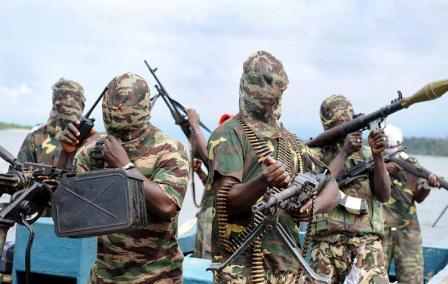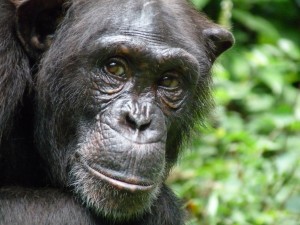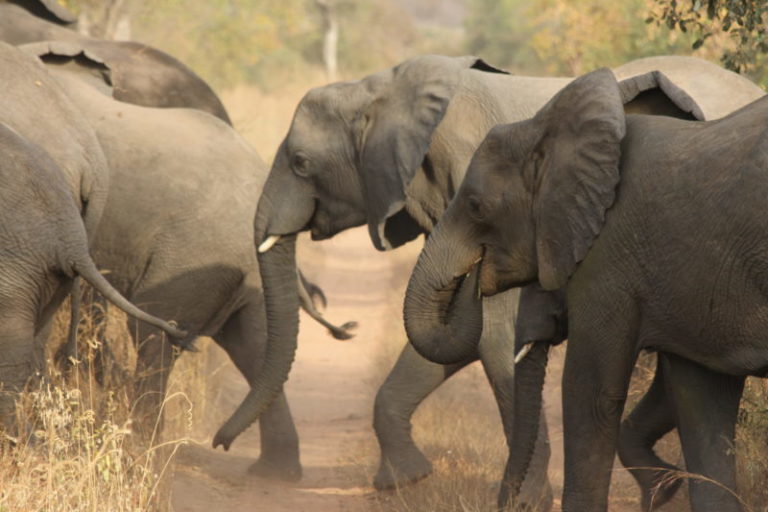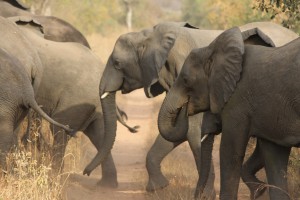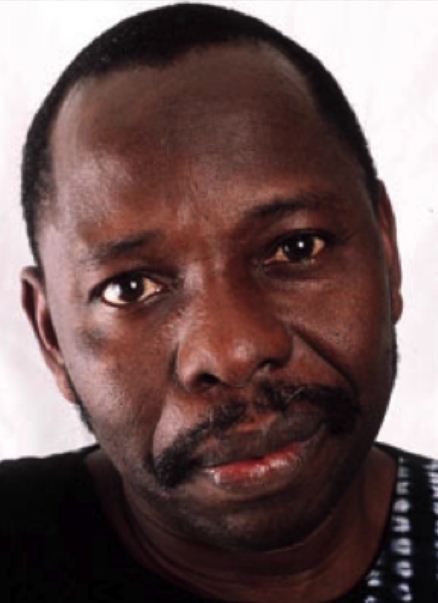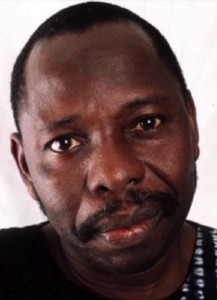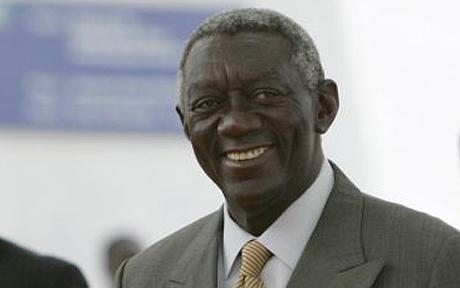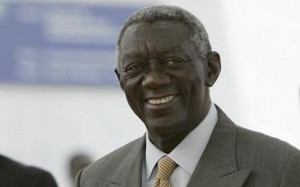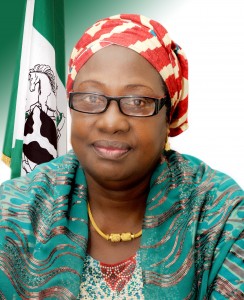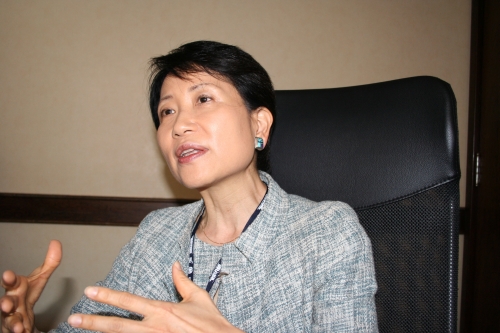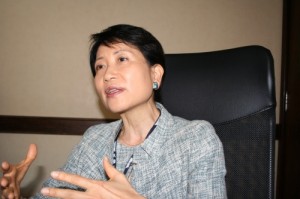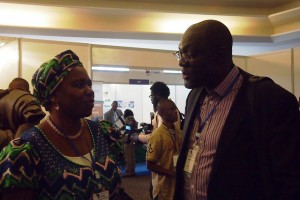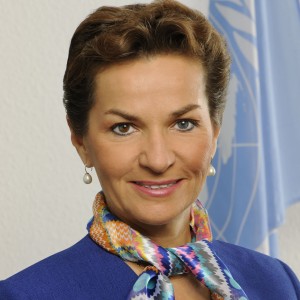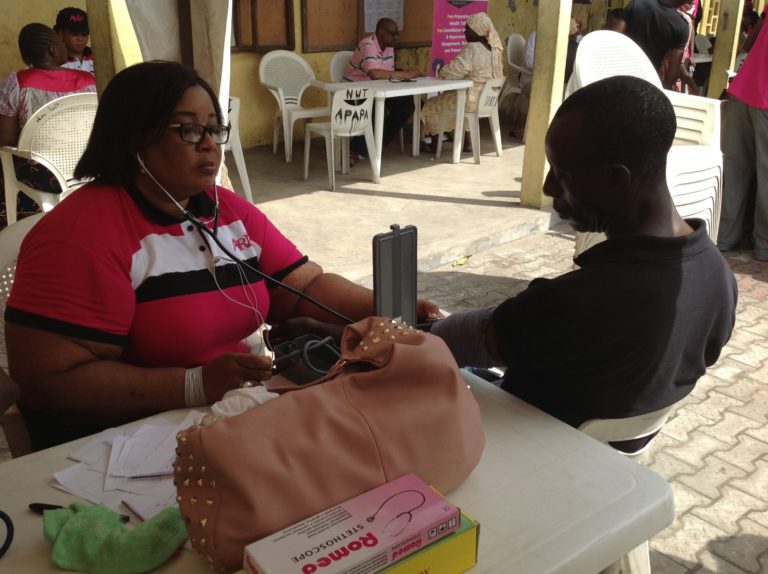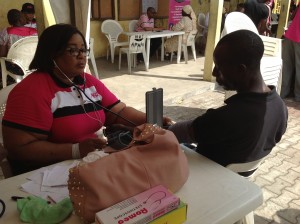 The conflicts in Africa are both echoes and memories of past turmoil on the continent. While we can hazard a guess that we know where we are coming from, the question of where current events will lead, and if that is where we desire to go, remain open. Africa has the challenge of characterisation in the eyes of the world. When she is not presented as a continent of hungry or malnourished people, she is shown as a continent perpetually enmeshed in violent conflicts. The fact that these are often overstated does not diminish the urgent need to ensure that we understand these events, confront and eliminate them.
The conflicts in Africa are both echoes and memories of past turmoil on the continent. While we can hazard a guess that we know where we are coming from, the question of where current events will lead, and if that is where we desire to go, remain open. Africa has the challenge of characterisation in the eyes of the world. When she is not presented as a continent of hungry or malnourished people, she is shown as a continent perpetually enmeshed in violent conflicts. The fact that these are often overstated does not diminish the urgent need to ensure that we understand these events, confront and eliminate them.
Africa is rich. This wealth has constituted the core of the problem confronting the continent and has provided the environment for proxy wars and some of the most horrific resource wars in the world. Some wars were justified, especially the wars for independence waged by heroic revolutionaries with an alternative dream for the continent – diametrically opposed to the kleptomaniacs that grabbed the reins of power on the ashes of the immediate post colonial structures.
Conflicts peaked in the continent in 1989 when there were nine full-blown wars and in 1991/1992, which had eight wars. Today, we have fewer wars on the scale of those of the 1980s and early 1990s. Interestingly, by comparison, there are more wars in Asia,than there are in Africa when taken on a per country basis. However, we are at a time of tremendous uprisings. These uprisings include what has come to be bogusly known as the Arab Spring – including especially the one that started from Tunisia and spread to Egypt, Libya and elsewhere. Some people have snidely argued that we are now seeing an Arab winter.
The January 2012 uprising in Nigeria in opposition to increases in price of petroleum products was a significant political response by oppressed citizens. Official critics of that uprising preferred to interpret the citizens’ revolt as having been orchestrated by the car-owning middle class rather than as a reaction by the poor who are deeply impacted by a lack of basic energy and social services that leaves them struggling to obtain these basic necessities for livelihoods.
Of course we cannot forget the 2005-2009 armed resistance in the oil fields of the Niger Delta and the demands that undergirded it. Neither can we ignore the high number of protests in South Africa, including the Marikina incident where miners that asked for living wages got cut down in a hail of bullets instead. That incident demonstrated how dispensable labour has become in this era of neo-colonial and rabidly neo-liberal economics. It underscored the downgraded cost of the reproduction of labour.
The end of armed conflict in the Niger Delta has not brought about the end of military propelled ecological assaults. The catalogue of bombed-out bush refineries and crude-oil-aden Cotonou boats that the military chalk up as successes are actually major contributors to horrendous environmental pollution. Added to the regular oil spills, toxic waste dumping and gas flaring, the violence in the oil fields continues unabated.
Agreeing that Africa is not a war-endemic continent does not diminish the nightmares that conflicts such as those engendered by Boko Haram bring to Nigeria, and the region. These conflicts raise other fundamental issues that are of deep concern to us and should be of concern to all.
Resource wars hardly ever translate to halting the exploitation of the resources while the conflicts rage. Exploitation continues without regulation or control during periods of conflicts and the lack of accountability and responsibility sometimes constitute the real impetus for conflicts. The beneficiaries of resource wars include the armament merchants, the resource exploiters and the complicit political heads of marauding gangs and governments. And so we hear of blood diamonds. And we should also talk of blood crude oil, blood gold and blood timber.
What do these conflicts mean for the ecological state of the continent? In the long list we will find environmental degradation. Recently, some people suggested deforestation as a way of flushing Boko Haram out of the Samisa Forest following the dastardly abducting of over 200 young girls at Chibok. The US military tried that method of warfare using highly toxic Agent Orange manufactured by Monsanto and Dow Chemicals from 1961 to1971 in Northern Vietnam. The scars on people and the environment remain till now.
Oronto Douglas, the Special Adviser to the President on Documentation and Strategy, argued in his incisive article Bring back the Book, the Letters and Our Girls! that the anger over the abduction of the young Chibok girls should not be frozen at such a level that would see the global disgust dissipate the moment the girls are rescued. He rightly mentioned that this is the right time to dig into the root causes of the marginalisation of female folks in the country, including issues of child brides, VVF, discriminatory access to education and other factors that could make abduction and threat of selling young girls even conceivable, not to mention as something to brag about.
Can a movement against violence become a movement for social, economic and environmental justice? We would waste a great opportunity if we stop at just the massive hashtag-and-photo-shoot campaigns. This is a great moment to build an issues-centred political movement in Nigeria and in Africa. It is time to go beyond the hastag.
Wars kill not only directly through bullets and bombs but also through diseases, destruction of the environment and livelihoods, increase in violent crimes, displacement of populations and unsustainable exploitation of resources. Conflicts also open possibilities for the re-colonisation of the continent, on our invitation, in the guise of military and economic assistance. We are seeing this unfolding in our nation and in other nations of Africa.
In an effort to engender interrogations and interpretation of current uprisings in Africa, Health of Mother Earth Foundation (HOMEF) hosts her third Sustainability Academy titled Turmoil in Africa: Uprising or Chaos? The Instigator, Firoze Manji, of ThoughtWorks and the Pan African Institute, has done deep work on the issue and he is in an excellent position to lead. He facilitated (and co-edited) the publication of Claim No Easy Victories – The Legacy of Amilcar Cabral as well as Silence Would Be Treason- The Last Writings of Ken Saro-Wiwa. He is here to help us make sense of the battles raging or smouldering around us and to fathom the changing nature and objectives of such uprisings. Let us begin the interrogations.
By Nnimmo Bassey (Director, Health of Mother Earth Foundation – HOMEF)

